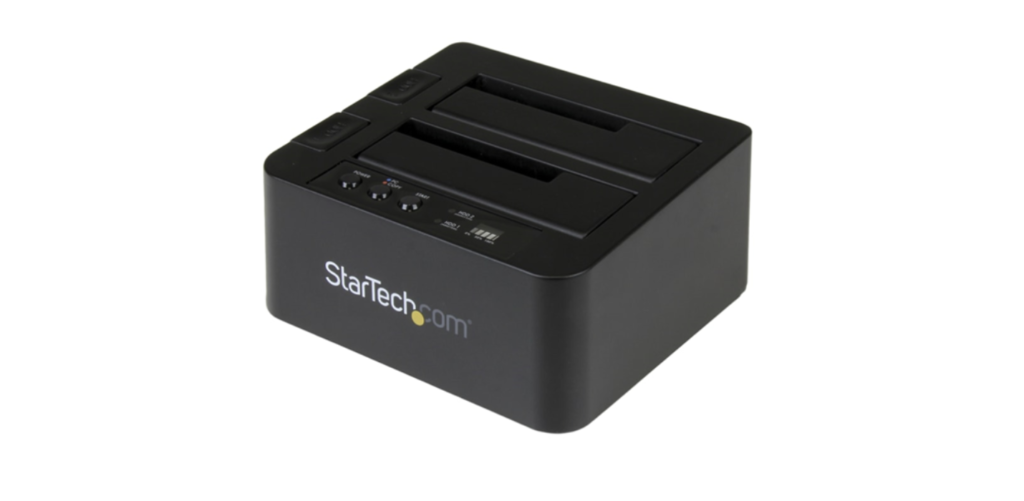Data storage is a common feature in nearly every technological device. For computers, laptops, and other devices, a physical hard drive is the most common form of storage device.
From time to time, drives need to be replaced or upgraded, which means transferring all of the data within. That is where disk cloning can make the process infinitely easier and more convenient. Check out this guide to disk cloning.
What is Disk Cloning?
Before you go looking for hard drive cloners, it helps to know what the process is in the first place. Cloners are used at tech companies across the world in order to upgrade and replace drives for a litany of devices. The process is basically creating a 1-to-1 copy of that disk to a new drive.
The clone will copy not only the files but can be done with backup software, cloning software, or hardware in which both drives can be placed next to one another while attached to connecting pins. All the information remains the same, but the condition and quality of the drive can be upgraded to something better suited for current needs.
Why Disk Cloning is Necessary
For those who don’t know a whole lot about drive cloning, the primary question becomes, “Why clone a disk or hard drive?” There are actually a few reasons to do so.
Moving to a larger drive. Perhaps your current hard drive just doesn’t have much room left. Cloning the drive to a larger one can be a great way to quickly transfer files without having to lose data or miss anything in the process.
Moving data to a new computer. Going from an old computer to a new one? Clone your old hard drive over to a new one and take all of your settings and data to the new device. It can help you expedite the process of setting up a new computer.
Creating a backup. Disk cloning is used quite often to create a backup of your existing hard drive. Those who travel a lot would benefit from having a couple of backup drives available in the event of damage or lost equipment.
Migrating operating systems. If you plan to move your current operating system over to a new drive, clone everything rather than moving it over yourself.
Replicating a failed drive. One of the most common reasons to use a disk cloner is to duplicate a hard drive that has been damaged or fails on a regular basis. If data needs to be recovered from that disk, cloning it to a new drive can be a great way to do so.
The Benefits of Disk Cloning
When upgrading to a new computer or replacing an old drive, it is critical to lose as little data as possible. If you want to work with your current operating system, then disk cloning can be a great way to make that possible as well. This process is beneficial for more than a few reasons:
Exact copy. There is no need to miss out on data or files. Cloning is a 1:1 copy of the old drive for 100% accuracy.
Simple to use. These drive cloners are simple to use. There isn’t special software required, either. Just your two disks and the cloning device will get the job done.
Fast and convenient. Cloning is the fastest way of transferring data or operating systems. It’s faster than imaging since it copies the data from one disk right onto the other.
No compression. Imaging, which used to be the primary method for something like this, compresses the data. That can lead to a loss in quality, whereas disk cloning does not.










